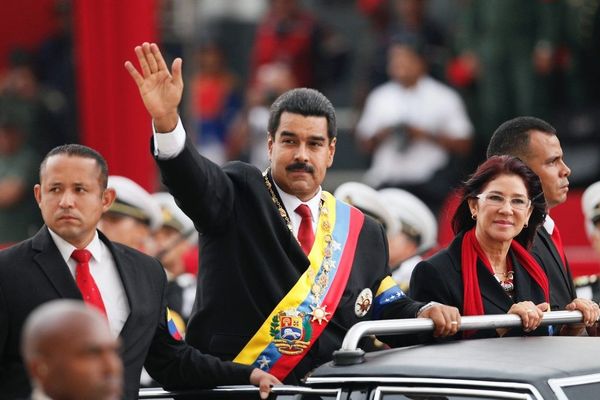When leaders of Japan, South Korea, and China gather in Seoul this weekend, it may be best to paraphrase Sigmund Freud: Sometimes, a meeting is just a meeting.
The Seoul confab will be the first trilateral meeting of Northeast Asia’s main powers since May 2012. This time, however, a new face will represent China, current premier Li Keqiang, who will be making his first visit to South Korea. That is leading some observers to predict that the agenda will be focused more on economic issues than political and security ones. Such an approach would probably suit Japan’s leader, Prime Minister Shinzo Abe, just fine. After all, avoiding the bitterly controversial issues that dog Japan’s relations with South Korea and China – including wartime sexual slavery and comments questioning Japans’ overall war guilt – is possibly the best way to try and restart relations with both Beijing and South Korean President Park Geun-hye. Indeed, Ms. Park and Mr. Abe have not yet had a formal bilateral meeting together since she came to power two years ago.
Any meeting between the leaders of Asia’s largest economies is to be welcomed. Yet it would not be amiss to see it, not only as a most hesitant step towards normalizing high-level diplomacy among the three, but also as an encounter in which Mr. Abe will likely feel that he is facing a largely united Sino-Korean front. After all, Ms. Park has met Chinese President Xi Jinping six times since being elected in 2013. China has made clear its support for Korea on the question of war memory and has even built a museum in honor of the Korean student who assassinated a Japanese prime minister back in 1905. So close have Ms. Park and Mr. Xi become that some in Washington are questioning whether Seoul is beginning to move towards Beijing permanently.
There is little danger in the short-run that South Korea will turn its back on the United States, as well as refuse to maintain working relations with Japan. Yet Mr. Abe has a difficult task ahead of him this week. He must convince Mr. Li and Ms. Park that it is in their best interests, indeed in Asia’s best interests, that their countries develop robust relations with Japan on economic and political issues. At the same time, his long-term interest should be in trying to bring South Korea closer to Japan on a bilateral basis.
A deeper Japan-South Korea relationship makes sense on many different levels. They are both democracies, both allies of the United States. They are liberal societies with a free press, highly educated consumer class, and governed by the rule of law. They both face the specter of an increasingly powerful, coercive, and suspicious China, whose maritime claims could threaten the freedom of navigation on which they both depend as maritime trading nations. Working more closely together, and with bonds of real trust, could make a significant difference in helping shape Beijing’s perceptions of regional stability and what is in China’s own interests.
So far, however, there is little evidence that such a relationship will emerge. A trilateral approach is fine, but it is by definition going to be focused on lowest-common denominator issues. If the three leaders can agree on a free-trade zone, that would be a big move forward in tying them closer together. But there is little likelihood that any meaningful political or security agreements will emerge. For that to happen, it may well be that East Asia’s leading liberal nations – Japan and South Korea – will have to find a way to strengthen their own relationship before tackling the question of how to help ensure that China acts as a cooperative partner helping ensure Asia’s future prosperity and stability.













